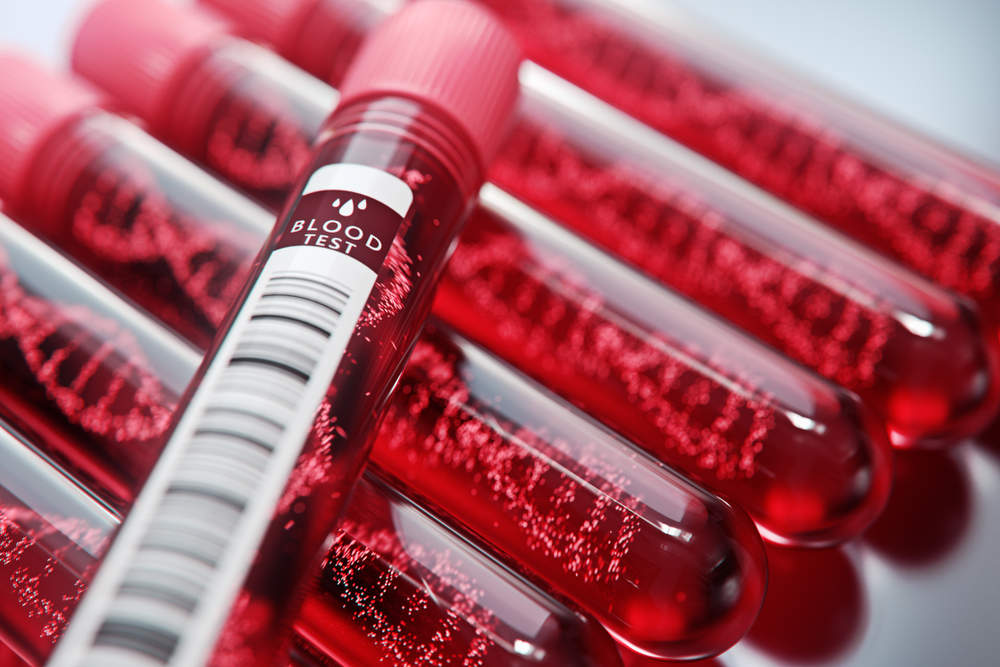
People in England could get free DNA tests if they agree to share their data with them. Those taking part in the planned scheme will be given a health report which can predict the risk of developing conditions such as cancer or Alzheimer’s.
Health Secretary Matt Hancock says it will help develop treatments “that will benefit everyone in the future”.
There is concerns over this plan, it is possible DNA tests could alert patients to issues in need of further investigation. All data from the patients will be shared with scientists anonymously. The project will be led by Genomic England and is still in its development stage. There is no launch date or how much it will cost the NHS.

Mr Hancock said: “While healthy people should not have this service free on the NHS, there are huge benefits to sequencing as many genomes as we can.
“Every genome sequenced moves us a step closer to unlocking life-saving treatments.”
This project comes after the success and completion of the 100,000 Genomes Project in December 2018. The Genomes Project launched in 2012, around 85,000 people had their entire genetic code, genomes, sequenced however, because cancer patients also had their tumour DNA mapped the number of genomes was 100,000. One in four participants with rare diseases received a diagnosis for the first time.
Dr Anneke Lucassen, the chairwoman of the British Society for Genetic Medicine, said: “The NHS has always been free at the point of delivery.
“It has the potential to create a two-tier system.”
She warned: “You can use genetic code to confirm a clinical picture, but you can’t use it to predict what will happen in the future very accurately.”
The idea behind the new project is getting data from the general population to help scientists improve the understanding of diseases and human genetics. They want healthy people to become “genomic volunteers” to help research. From the samples of blood experts will be able to look at small changes or errors in our DNA.
Before giving consent potential participants there are a few things to understand:
- DNA tests will not necessarily give a clear prediction or definitive result
- Healthy people are unlikely to benefit directly from the testing
- And tests can turn up findings that may need investigating
- Volunteers may also be asked to take part in other research projects, depending on their test results
The project still has many unknown parts such as the cost, where it will take place and how long results will take.